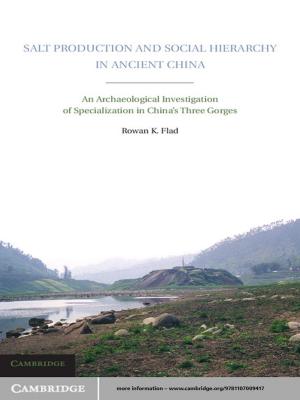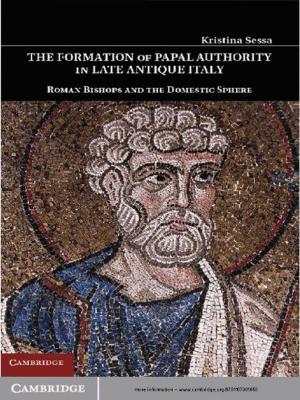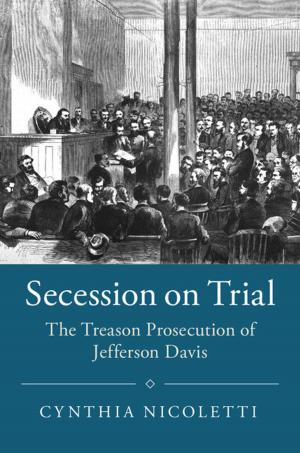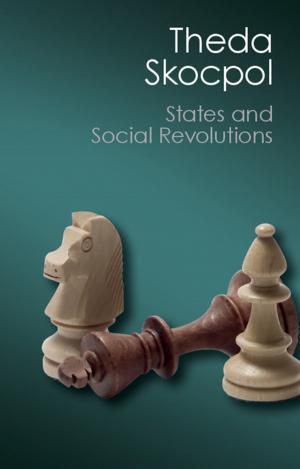Poetics of Character
Transatlantic Encounters 1700–1900
Fiction & Literature, Literary Theory & Criticism, British| Author: | Susan Manning | ISBN: | 9781107703148 |
| Publisher: | Cambridge University Press | Publication: | November 14, 2013 |
| Imprint: | Cambridge University Press | Language: | English |
| Author: | Susan Manning |
| ISBN: | 9781107703148 |
| Publisher: | Cambridge University Press |
| Publication: | November 14, 2013 |
| Imprint: | Cambridge University Press |
| Language: | English |
This study of character in a comparative context presents a new approach to transatlantic literary history. Rereading Romanticism across national, generic and chronological boundaries, and through close textual comparisons, it offers exciting possibilities for rediscovering how literature engages and persuades readers of the reality of character. Historically grounded in the eighteenth-century philosophical, political and cultural conditions that generated nation-based literary history, it reveals alternative narratives to those of origin and succession, influence and reception. It also reintroduces rhetoric and poetics as ways of addressing questions about uniqueness and representativeness in character creation, epistemological issues of identity and impersonation, and the generation of literary value. Drawing comparisons between works from Alexander Pope and Cotton Mather through Robert Burns, Jane Austen, John Keats, Nathaniel Hawthorne, Edgar Allan Poe, R. W. Emerson, Margaret Fuller and Herman Melville, to George Eliot and Henry James, Susan Manning reveals surprising metaphorical, metonymic and performative connections.
This study of character in a comparative context presents a new approach to transatlantic literary history. Rereading Romanticism across national, generic and chronological boundaries, and through close textual comparisons, it offers exciting possibilities for rediscovering how literature engages and persuades readers of the reality of character. Historically grounded in the eighteenth-century philosophical, political and cultural conditions that generated nation-based literary history, it reveals alternative narratives to those of origin and succession, influence and reception. It also reintroduces rhetoric and poetics as ways of addressing questions about uniqueness and representativeness in character creation, epistemological issues of identity and impersonation, and the generation of literary value. Drawing comparisons between works from Alexander Pope and Cotton Mather through Robert Burns, Jane Austen, John Keats, Nathaniel Hawthorne, Edgar Allan Poe, R. W. Emerson, Margaret Fuller and Herman Melville, to George Eliot and Henry James, Susan Manning reveals surprising metaphorical, metonymic and performative connections.















